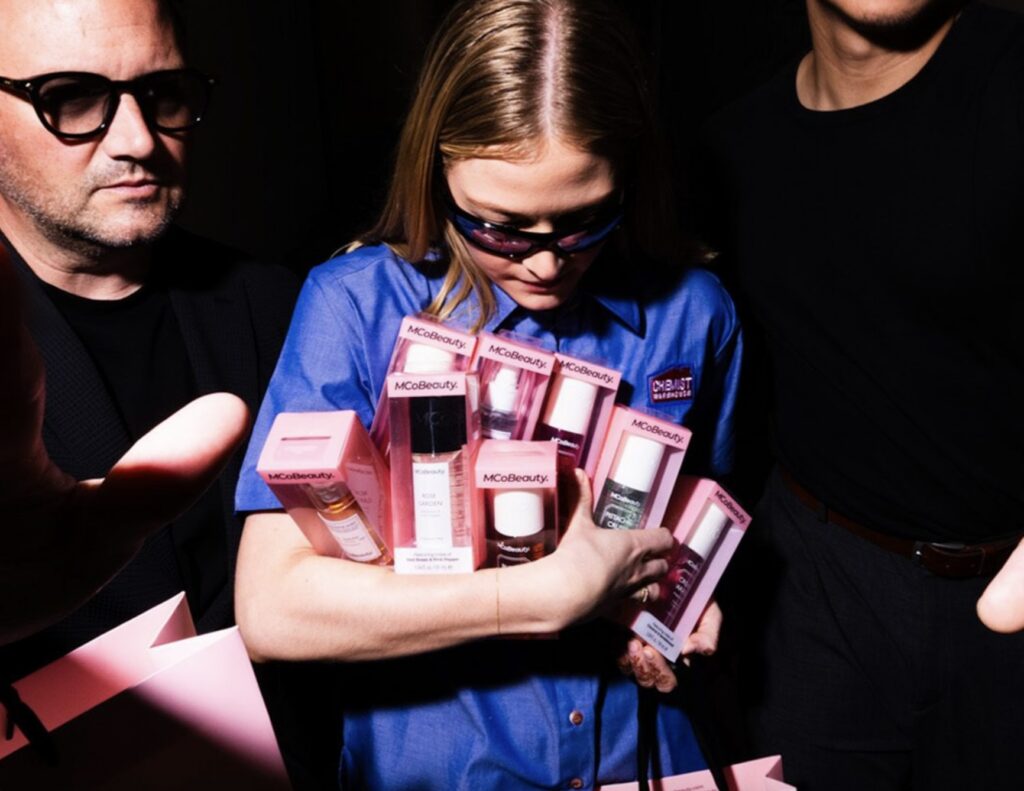Sandra Bullock and Ellen DeGeneres are at the front of a new lawsuit that aims to put an end to the false endorsement scheme of some 100 anonymous defendants. In a complaint filed in a California state court on Wednesday, the two stars assert that they are “joining forces to expose theft” in the otherwise legitimate multi-billion dollar celebrity endorsement economy, one that sees celebrities partner with brands to promote everything from skincare and beauty products to credit cards and cars.
But a host of legitimate partnerships is not what is at play here, according to Bullock and DeGeneres. The celebrities claim that a web of internet entities – which “change names frequently, merge in and out of entities formed in states that allow for secrecy, operate web sites that pop up and disappear overnight and generally do everything possible to ‘stay one step ahead of the sheriff’” – have taken to using their names, images and other elements of their likenesses to promote products without the authorization to do so, thereby, running afoul of the law.
In particular, in their 49-page complaint, Bullock and DeGeneres point to the defendants’ practice of establishing entirely “fake media sites [and articles] … that are designed to look like legitimate and independent news reports or magazine articles about various beauty products.” Those articles routinely feature images of Bullock and DeGeneres “taken from the Internet” and include “comments and endorsements purportedly from [the stars] — all of which are fake and fraudulent and published without [their] consent.”
In one example cited in the complaint, the defendants published an article in which Bullock ties her ability to “miraculously not age at all” to “her new product,” a skincare product called Alessa Serum. The article – which includes a photo of Bullock on the Ellen DeGeneres show in 2018 in which she is “talking about her amazing new Skin” – states that “Sandra even admitted that plastic surgeons are furious with her after noticing a larger decline in patients since Alessa Serum was launch on the market.”
 image via complaint
image via complaint
The article goes on to include a link to buy “Bullock’s” miracle serum as part of a larger affiliate marketing scheme in furtherance of which the defendants earn a commission for their ability to direct traffic to specific websites and/or for each purpose made by consumers. The problem: Bullock asserts that she had “never heard of, used or endorsed” the product, has no connection with the company responsible for it, and never mentioned it during her appearance on DeGeneres’ show, which focused on her then-impending film Ocean’s 8.
According to the women’s complaint, this is just one of the seemingly countless examples of the type of fraud that makes up the “celebrity endorsement theft industry,” which takes advantage of famous figures’ valuable likenesses, thereby, violating their right of publicity, a state-specific legal doctrine developed to give individuals the ability to prevent others from commercially exploiting their names and/or likenesses without permission.
More than that, though, Bullock and DeGeneres claim that this practice, at its core, serves to “trick consumers” in terms of the products, themselves, which are often promoted using unsubstantiated claims about their effectiveness, as well as in connection. The false endorsements also aim to get consumers to “disclose their credit card and/or debit card information in order to enroll them in costly programs” and so-called “free trial offers,” all of which come with “undisclosed, or poorly disclosed, recurring charges.”
In addition to seeking monetary damages to remedy the defendants’ right of publicity violations, false advertising, and unfair competition, Bullock and DeGeneres are seeking permanent injunctive relief to bar the defendants from engaging in such illegal activities going forward, ones that are likely to dupe consumers and to damage their own reputations, as well as their ability to land bona-fide (and very lucrative) endorsement deals and partnerships – such as the charity-centric one that saw DeGeneres team up with Gap in 2017 and her ongoing collection with Walmart – due to “over-saturation” of their names, images, and likenesses in the market.














